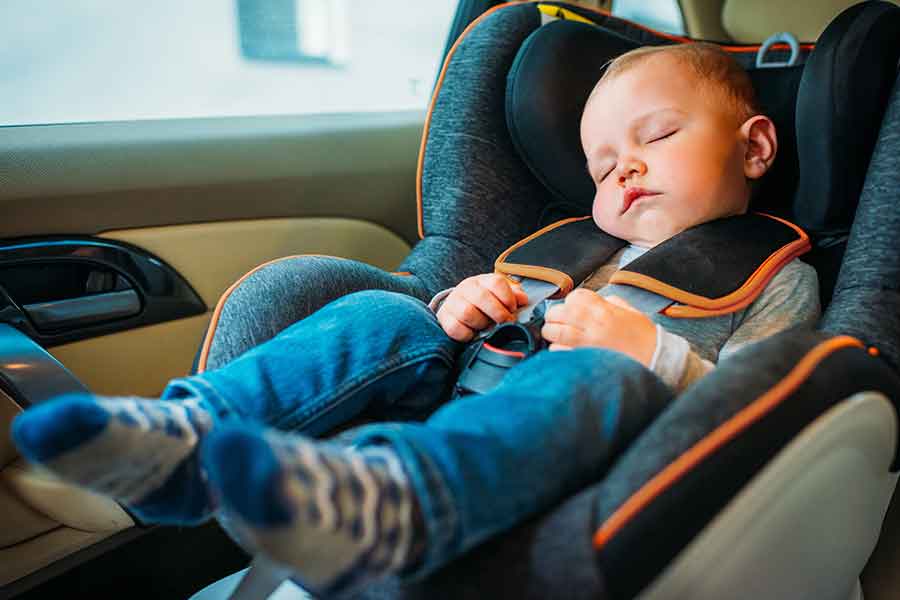
From 30 October, specific products for babies and children will no longer be subject to the UK’s furniture and fire safety regulations (FFR). This change aims to minimize infants’ and children’s contact with flame retardants where the dangers from these potentially harmful substances outweigh the fire threat associated with those items. The UK government states that the fire risk from these products is significantly lower than that from other upholstered furniture, as they lack the same exposure to accidental ignition from cigarettes or similar igniting agents.
Flame retardants are substances that decrease the likelihood of fires involving various items, including furniture and electronic devices. They are incorporated into textiles and furniture to ensure compliance with open flame ignition tests, which are essential components of the FFRs and entail applying a flame to the test subject for a specific duration.
Nevertheless, there is increasing apprehension regarding the efficacy of flame retardants in maintaining fire safety, along with the possible risks they may pose to human health and the ecosystem. This stems from the fact that many flame retardants accumulate in humans and animals and linger in the environment.
The FFRs were established to save lives after highly flammable materials used in upholstered furniture led to fatalities. However, since around 2014, the government has been examining their effectiveness, resulting in numerous consultations suggesting modifications to the FFRs, most recently conducted between 2 August 2023 and 24 October 2023.
The revised FFRs were disclosed in January 2025. However, due to the UK’s commitments as a World Trade Organization member, there was a six-month delay before enforcement commences at the end of this month.
The newly exempted product list comprises specific mattresses for babies and children, along with upholstery meant for prams, cots, and car seats.
The amendment also stipulates that manufacturers will no longer need to attach a label to new products, since it is believed the permanent label contains all necessary compliance details. Second-hand baby and children’s furniture and items will still require a permanent label.
Moreover, the timeline for authorities to initiate legal action in instances of non-compliance will be extended from six to 12 months.
A representative for Fidra, an environmental charity advocating for sustainability and pollution prevention, stated the organization welcomed the ‘long-awaited exclusion’ of specific baby and young children’s products from the FFRs’ scope.
‘This initiative to shield babies from exposure to chemical flame retardants comes six years after it was suggested by the [House of Commons] Environmental Audit Committee (EAC),’ they remarked. ‘Further vital EAC suggestions must also be implemented promptly to alter the current situation and safeguard the UK’s citizens and the environment from damage.’
The spokesperson informed Chemistry World that the existing ‘outdated’ regulations have led many manufacturers to rely on flame retardants, hindering innovation, sustainability, and alternative fire safety strategies.
‘Even though these regulations represent the most stringent furniture flammability standards globally, there is no evidence of enhancements in lives saved during fire incidents,’ the Fidra spokesperson continues. ‘The UK’s anticipated new Furniture and Furnishings (Fire) (Safety) Regulations must stop the needless utilization of hazardous and durable chemicals in products.’